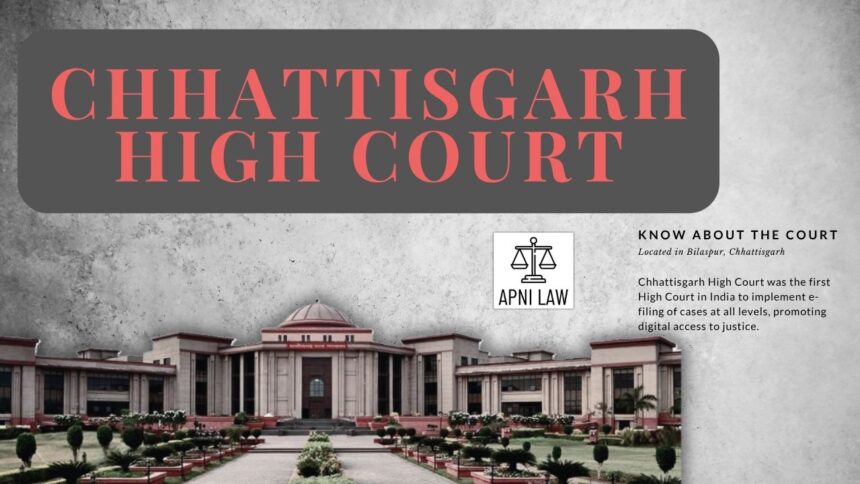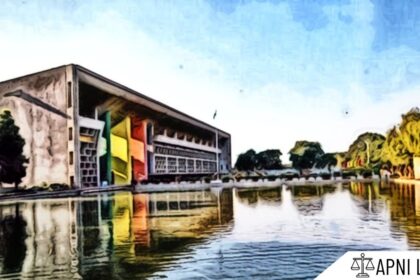Introduction
The Chhattisgarh High Court has ruled that a father must pay maintenance as well as marriage expenses to his unmarried adult daughter, even after she reaches the age of majority. The judgment, delivered by a Division Bench, affirms that his duty is both legal and moral under the Hindu Adoptions and Maintenance Act, 1956 (“HAMA”). The court upheld a lower court’s order, emphasizing that an unmarried daughter who cannot sustain herself has a statutory right to financial support from her father.
Facts of the Case
In this case, the daughter is about 25 years old. She filed an application under Section 20 read with Section 3(b) of HAMA. She claimed she could not maintain herself. She pointed out that her father works as a government teacher and earns a monthly salary of ₹44,642. She also noted that her father has solemnized a second marriage. She sought maintenance and asked for ₹15,00,000 for her marriage expenses.
The Family Court in Surajpur heard her plea. The court accepted that she was unable to support herself. It ordered her father to pay a monthly maintenance of ₹2,500 until her marriage. It also directed him to pay ₹5,00,000 for her wedding costs. The father challenged this ruling by appealing to the High Court under Section 19 of the Family Courts Act.
What the Court Says
The High Court affirmed the Family Court’s decision. It held that the relationship between father and daughter was undisputed. The court accepted that the daughter needed financial assistance both for her basic living and her marriage. The judges referred to Section 3(b)(ii) of HAMA, which defines “maintenance” to include a daughter’s marriage expenses. They also relied on Section 20(3), which obliges a person to maintain his daughter who cannot support herself, even if she is a major.
The High Court further relied on the Supreme Court’s judgment in Abhilasha v. Parkash (2020), which held that an unmarried daughter’s right to maintenance under Section 20 of HAMA is absolute when she cannot maintain herself. The High Court noted that this right can be enforced against her father. Given that legal principle, the court found that the daughter was clearly entitled to both maintenance and marriage expenses.
Accordingly, the High Court dismissed the father’s appeal. It ordered him to continue paying monthly maintenance to his daughter. It also directed him to deposit ₹5,00,000 toward her marriage expenses within three months.
For any specific query call at +91 – 8569843472
Implications
This ruling underscores that a father’s duty under HAMA does not end at the daughter’s majority, if she remains unmarried and financially dependent. The court’s decision reinforces the legal requirement under Sections 3(b)(ii) and 20(3) of the Act, making clear that “maintenance” includes wedding costs. For unmarried daughters, this judgment strengthens their financial protection and statutory rights.
The decision may encourage more daughters who cannot support themselves to seek maintenance claims after they turn 18. It also sends a strong signal to fathers that gaining a second marriage or having a good income does not relieve them of this obligation. As the court tied the judgment to Supreme Court precedent, this also reassures lower courts that awarding marriage expenses to an unmarried adult daughter is firmly grounded in law.
Overall, the Chhattisgarh High Court’s ruling helps clarify and expand the practical scope of maintenance obligations under HAMA. It emphasizes both the moral and legal responsibility of parents to support their unmarried daughters until marriage, regardless of age.








